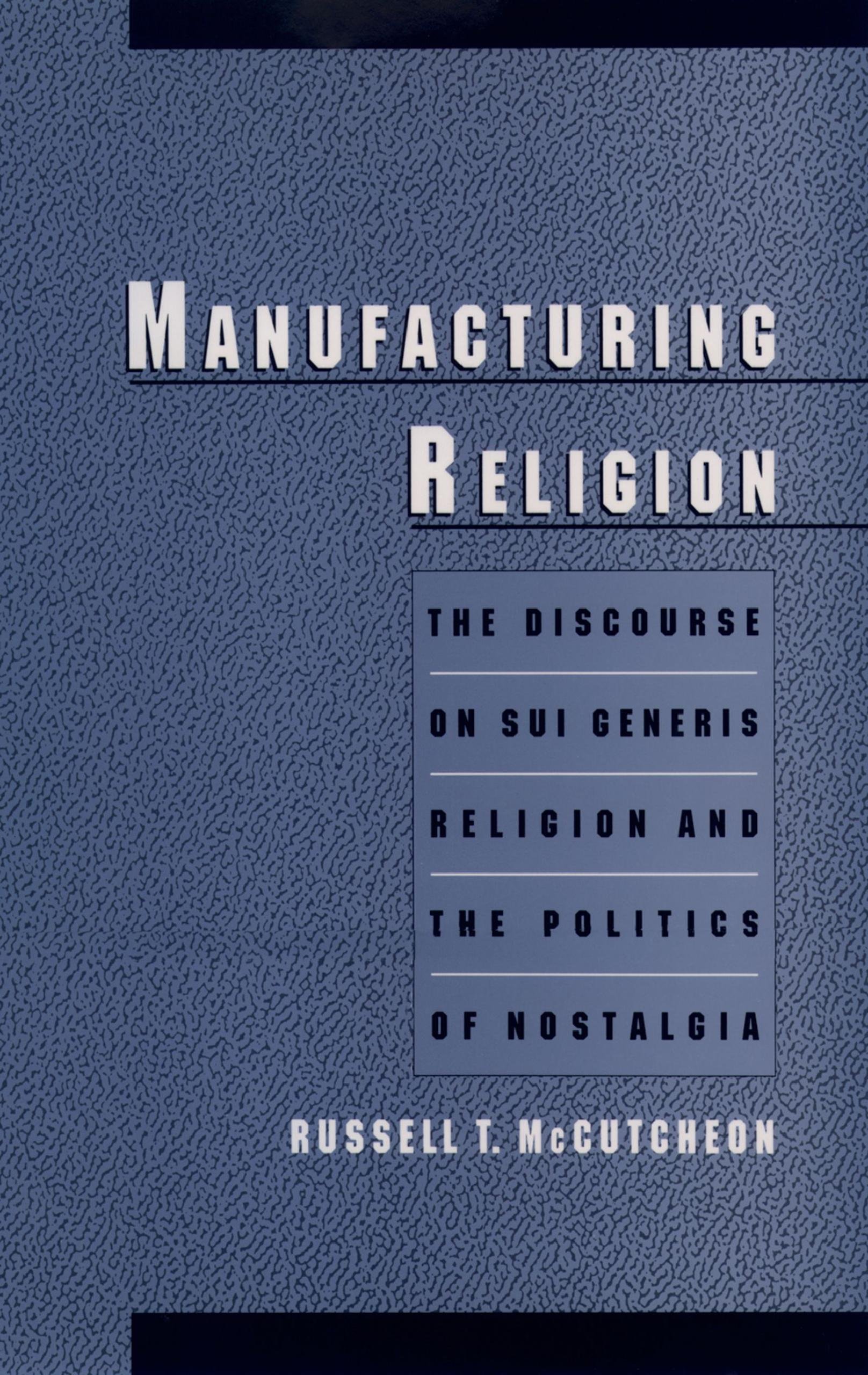Is ‘religion’ sui generis? In other words, do scholars of religion study something that forms a unique and special domain of things in the world unlike any other? Wittgenstein thought religion constituted a distinct “form of life”. Eliade spoke of the ‘Sacred’ as existing in a separate reality above the mundaneness of the everyday (i.e. the profane). Historically and in more modern times, other scholars have held similar views that paint the category of religion as naming a specific and stable set of things in the world set apart from all other. However, it is a view that has fallen out of favour as noted by Dr. Russell McCutcheon.
In this interview with Thomas Coleman, McCutcheon discusses what he terms as the “socio-political strategy” behind the label of “sui generis” as it is applied to religion. The interview begins by exploring some of the terms used to support sui generis claims to religion (e.g., unmediated, irreducible, etc.) followed by a brief overview on the rise of religious studies departments mid-20th century using such claims to obtain funding and the autonomy from other disciplines. In closing, Dr. McCutcheon explains one example of how the ideological foundations of belief are ontology-centred, examines how the term religion is “traded” and departs leaving us to consider the role of social agreement in defining what religion is or is not.









